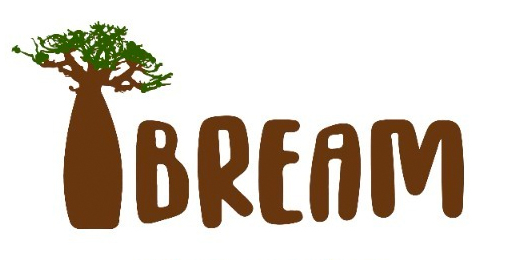African wild dogs have a complex hierarchical social structure that can lead to aggression, injuries and even mortality after temporary separation of individuals from the pack, or during new pack formations.
Dog Appeasing Pheromone (DAP; AdaptilTM, CEVA) is a synthetic analogue of the mammary appeasing pheromone found in lactating domestic dogs. DAP has been commercially available for years and has shown to reduce stress and unwanted behaviour (e.g. house soiling, vocalisation during isolation, or pacing) during fear-inducing situations in domestic dogs.
We developed a study to test if DAP can be used to reduce stress, and potentially aggression after temporary pack separation in African wild dogs. If effective, DAP could be used during interventions that need temporary isolation, anaesthesia and re-introduction of a pack-member, or during translocation and new-pack formation.
Our results showed that DAP didn’t have an effect on stress levels, as these increased both in animals treated with DAP as in animals treated with a placebo solution. However, testosterone increased in placebo-treated but not in DAP-treated animals.
Moreover, DAP treated packs tended to show lower levels of contact-dominance and active-submission behaviour, but higher levels of non-contact dominance behaviour. These effects could decrease the risk of aggression, meaning that DAP could be a useful tool to help manage new pack formations and temporary pack separation.
These results have been presented at the EAZA 2017 Annual conference (19-23 September 2017, Emmen, The Netherlands).
